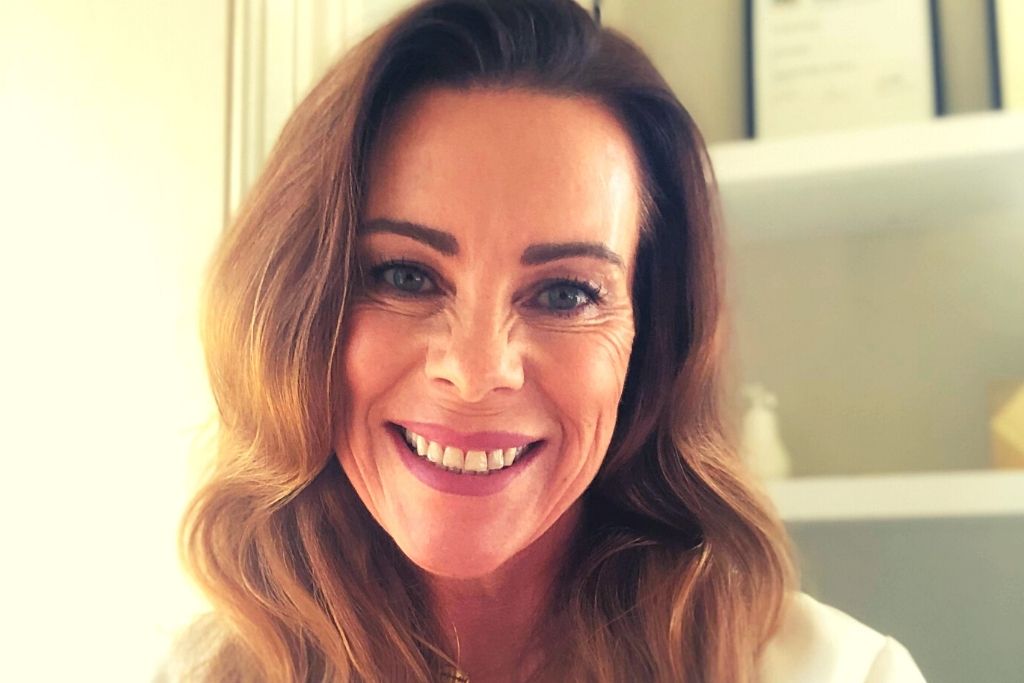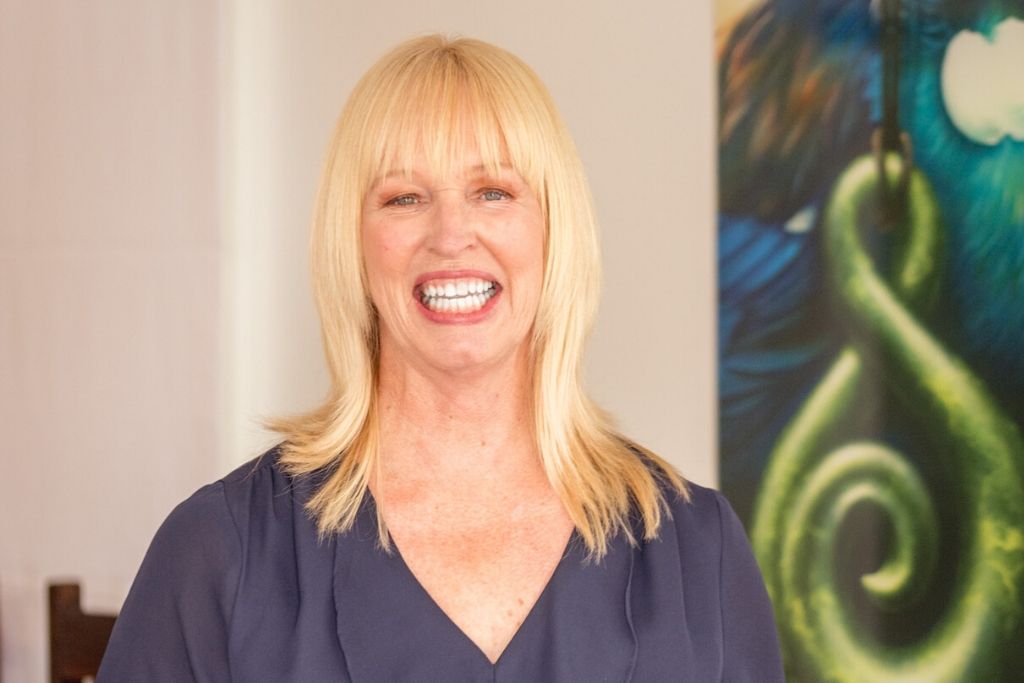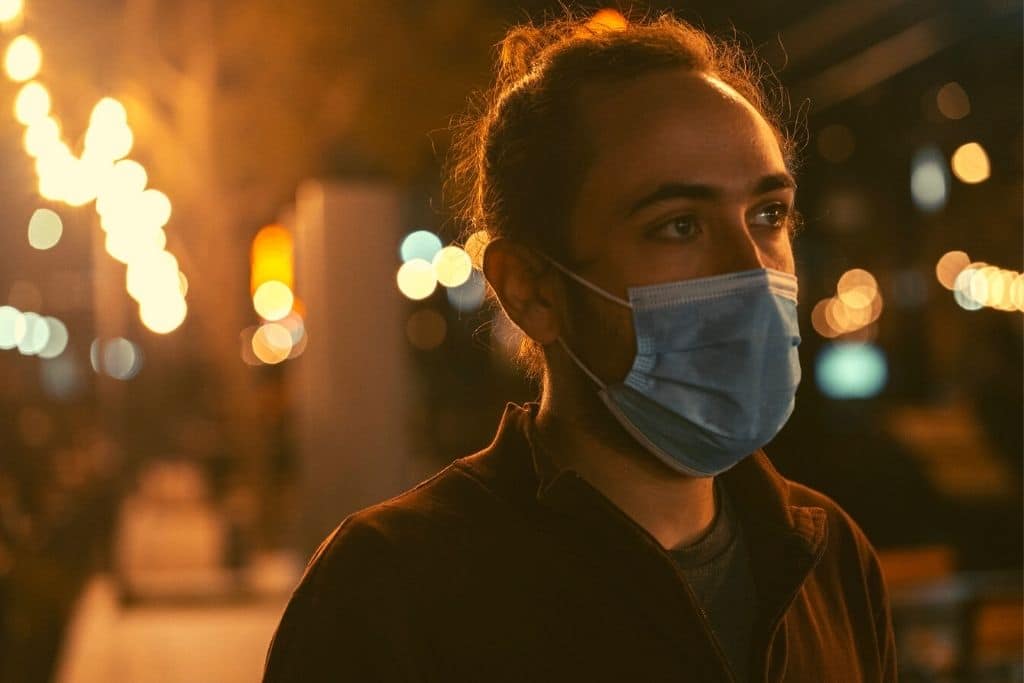Today I’m introducing a new sort of blog post – Ask An Expert.
Each ‘Ask An Expert’ post will be an interview with an individual who comes into contact with people struggling with booze. You can expect to hear from GPs, detox nurses, psychiatrists, group facilitators, nurses, counsellors, and helpline workers etc over the coming months.
The idea is to humanise and demystify the clinical/medical field for us all, to draw information from these kind and knowledgable individuals, and hopefully in some instances empower us to reach out more for the great help that is available in the community.
Today’s expert is Steve, an Alcohol Drug Helpline counsellor based in Christchurch.
==========
Mrs D: How did you become a Helpline worker?
Steve: Many years ago I taught in a Social Welfare residential school and learned first-hand how dangerous the combination of social isolation, youth and cheap drugs could be … so 20 years ago I joined a group that set up a confidential Alcohol Helpline for Christchurch. That has now expanded to be the AlcoholDrugHelpline, a nation-wide free call, with a specialist WINZ team and a specialist Methamphetamine team. We are all trained counselors, with regular on-going training and regular clinical supervision.
Mrs D: What sort of shifts do you do and how many calls do you usually get per shift?
Steve: The service runs from 10am to 10pm every day except Christmas Day, so we work in 4-hour shifts, with two or three counsellors available. We would expect to get 20-35 calls in a shift.
Mrs D: Is it busier at certain times of the day or on certain days of the week?
Steve: It tends to be busier between 10 and 1, and again between 6 and 8.30pm. Monday & Tuesday morning tend to be busier (the aftermath of the weekend).
Mrs D: What are the most common types of calls you get?
Steve: Despite the wide range of drugs available, still 75% of our calls are about alcohol. A common call would be someone accepting that they have some sort of concern or problem about their drinking and they just want to know where to go, who to talk to. They can talk to us about strategies and/or we can tell them about the nearest free clinics to them (our database covers the whole of NZ). Another common call is someone who is unsure about whether their drinking is ok, and we can help them to tease that out. The other common call is from people wanting to know how to help their partner/family member/friend – often against their will, and again we are happy to help them sort through the options for this.
Mrs D: Do some people ring to ask one or two specific questions? Or are they phoning to have a full discussion?
Steve: Both. Some calls are 3 minutes, because we can give them the address and phone number of a local clinic, or we can help them to clarify what two standard drinks looks like in a Pinot Noir or a G&T. Other callers might not want to go to a clinic or their GP, but want to discuss the relative merits of stopping ’cold turkey’ (like Mrs D did) or tapering down to stop – and this will be a much longer call.
Mrs D: Are there any sorts of calls you don’t like to receive?
Steve: Not any more. I used to be annoyed by the hoax calls (“is that the Alcohol Helpline? Great! Can you send more beer!”) but I know that young people will often start with a joke because they are a bit embarrassed – and sure enough they often then go on to ask the serious question they had in mind. Suicide calls are stressful, but again I’m glad that they choose to ring because that is an indication that they want help rather than death. The other calls that are hard to help with are those people who have become addicted to prescription medications, often because they have chronic pain or depression and they have been on the medication for a long time. These can be very addictive and many of these callers feel utterly helpless, but again I’m glad that we can at least be a caring listener, and keep reminding them to be honest with the GP, or to talk to the Pharmacist.
Mrs D: Broadly speaking, what sort of help do you offer?
Steve: Up to date, factual information. We have free booklets and DVDs we can post out; address/phone numbers for local services; links to our website and to useful sites like “LivingSober” and “HelloSundayMorning”; brief intervention telephone counselling; a chance to explore options and strategies; and best of all, a call-back service. This is where, by just giving us a first name and a phone number, callers can arrange for us to give them a regular call to support them while they decide what they are going to do, or to support them as they make a change. Over 70% of these call-back clients make the change they want.
Mrs D: Are most callers already convinced they have a problem with alcohol or are some phoning for you to help them figure that out?
Steve: The fact they call means they are either convinced or they are concerned that they may have a problem. A few find that they are within safe drinking limits and if they can stay there then they don’t have a problem.
Mrs D: How do you help a caller work out if they have a problem with alcohol?
Steve: We start by asking them to describe their typical alcohol use over a week, and then on a typical occasion and a special occasion, and we can compare that with the safe drinking guidelines. We also ask about how they feel the day after (tired? Wiped out? Guilty?) and ask them how they would like their drinking to be. These comparisons will indicate if there is an issue.
Mrs D: What are the most common physical symptoms a caller will describe to you that their drinking is causing?
Steve: These usually relate to later, or the next morning, and will include feeling heavy, sluggish, with a headache and no energy. Some report feeling nauseous and/or with no memory of the night before.
Mrs D: What about emotional symptoms?
Steve: The most common are guilt, shame and a feeling of failure. Feeling that they have let people down and maybe said or done things that were mean to others. Some realize that this has caused the loss of all their friends and even family contacts.
Mrs D: How honest do you think most people are when talking to you on the phone?
Steve: I think at first callers are not being dishonest, but they often don’t tell the whole story. When they realise that we are not judging them, but simply trying to understand their situation, they become much more open and honest.
Mrs D: Do you think being on the phone makes it easier for some people to open up with the truth than it would be if they were face-to-face?
Steve: Yes I do. And I think the phone (because a caller can’t see my reaction, can’t see my knitted brow because I didn’t understand something they just said) makes callers more thoughtful about the words they use, they way they describe things. This really helps them to clarity their own thinking, and is in some ways the most useful part of the call: you don’t know what you think till you hear what you’ve said.
Mrs D: What is the benefit for someone to call the Helpline? Other than giving out information what other support can you offer?
Steve: The main thing would be the feeling that here is somewhere where you can talk to a real person honestly and no personal agendas will get in the way, and you can hear about what many other people in similar circumstances are trying and succeeding at.
Mrs D: What other advice do you have for any person reading this who might be scared to call the Helpline?
Steve: Give it a try. Start with a fairly straightforward question and see how it feels. If a man answers and you would rather talk to a woman, just ask, that is perfectly understandable. If you go onto our website you will see there is a live chat link, so you can type questions in. You can txt us – send adh to 234 and we will txt you back. But all of our counselors are very used to callers who are very nervous and are not sure where to start. We are happy to help you.
Mrs D: Anything else you’d like to add?
Steve: If you are trying to stay sober (and it can be a real struggle) then you could ring and ask to get call-backs from us – we could call you daily or weekly at first, around wine-o’clock for you, to help you keep strong and also to help you think about a slip-up you might have, and how you can learn from that and become stronger. We call about 100 people a week on this call-back scheme and we value it because it is mostly so positive. It is wonderful to talk to a mother who is now getting on much better with her teenage daughter, and they are both off to buy new shoes. It is magic talking to a dad who is now having fun making exotic fruit sundaes and ginger beer with his young children when he gets home from work.
Steve
Counsellor
AlcoholDrugHelpline
0800 787 797







This guy is fantastic had alot to do with him and he has so helped me with plans, ideas and just helped me get thru tough times. Helpkine rocks
Thanks janus, that’s really good to hear, but remember you’re the one that is doing the work, making the decisions, hanging in there. We can only try to be a supportive and encouraging listening ear, in much the same way that this online community is
Does anybody know of a alcohol removed red wine available in Nz. I have tried Edenvale but it was a bit like Ribera. Also how about boiling wine to remove the alcohol so I can have a glass with dinner.
Call backs really helped keep me sober through the difficult times such as late afternoons.
Thanks Anonymous. That late afternoon is a tough time for so many, when you’re tired hungry and thirsty, whether you’re at home with those exhausting pre-schoolers like Mrs D was, or at the office with the after-work drinkies. Lots of people ring then, and some ring while they are walking through the supermarket, to distract them from the wine aisle, which I think is a brilliant use of our service
Good stuff. Here’s hoping the helpline (and call backs) will continue as I’m sure it has made a difference to a lot of people. Even if there isn’t instant success, once we have taken this step it seems to get the ball rolling. Let it not have the same problem as Relationship Services, i.e total funding cut. I reckon you,re doing a great job dealing with this tricky customer (addiction).
Great information, thanks. I have often wondered about the helplines.
Very interesting . I wonder if the person who is worried if they are ok with their drinking is actually ok . The fact they call they must be feeling a big concern . Sounds like a great service overall though .
You are right, Jasminasper: mostly those who ring already know that they are not ‘ok’. As we are often their first contact, though, they usually want some official confirmation of their concerns as a trigger for making a change. There are occasionally callers who are genuinely unsure about what the recommended guidelines are, or who have been persuaded to call by worried relatives.
Very insightful. Thanx.
This is excellent. Thank you. I wish there was something like this in the UK.
Excellent post. Thank you .